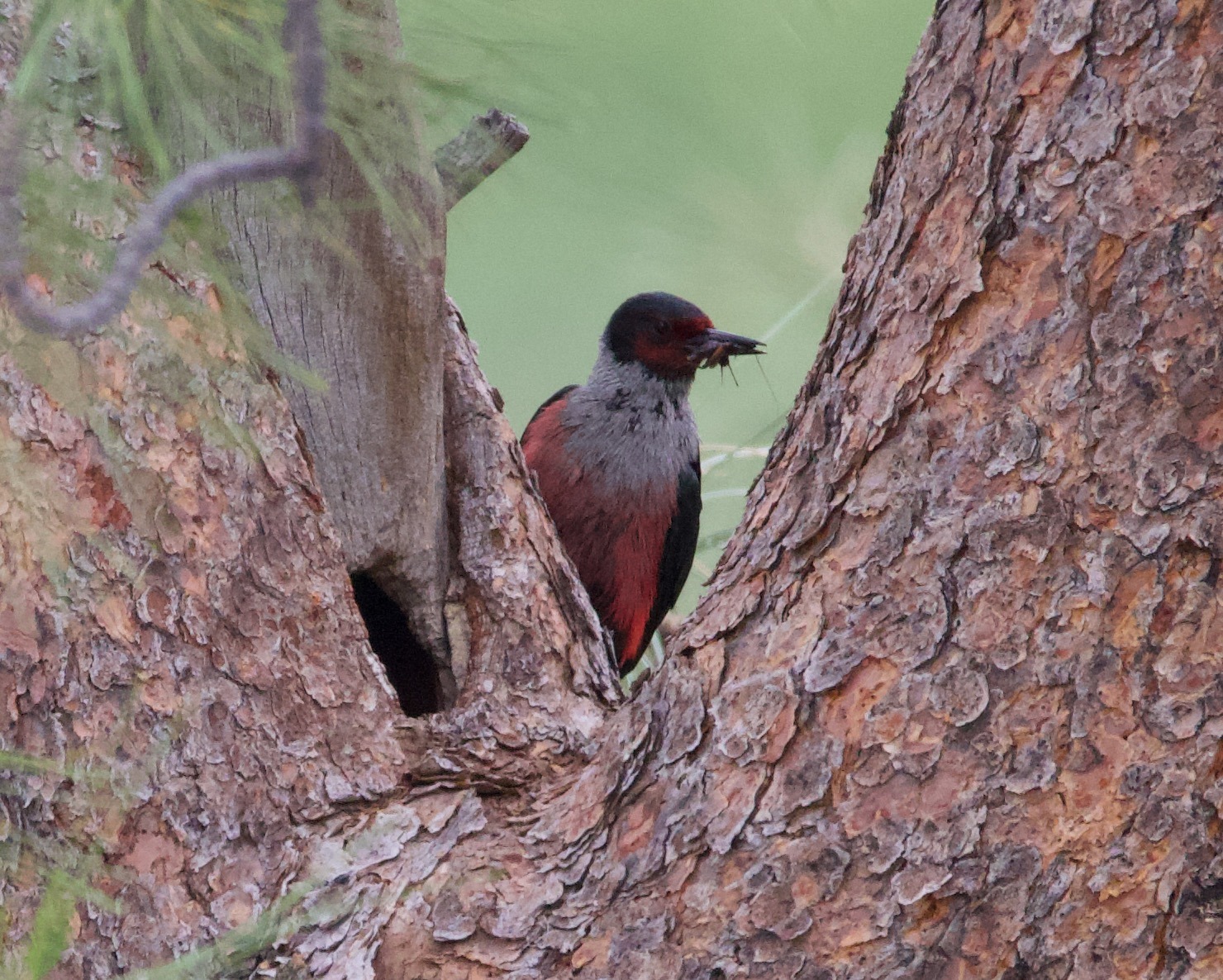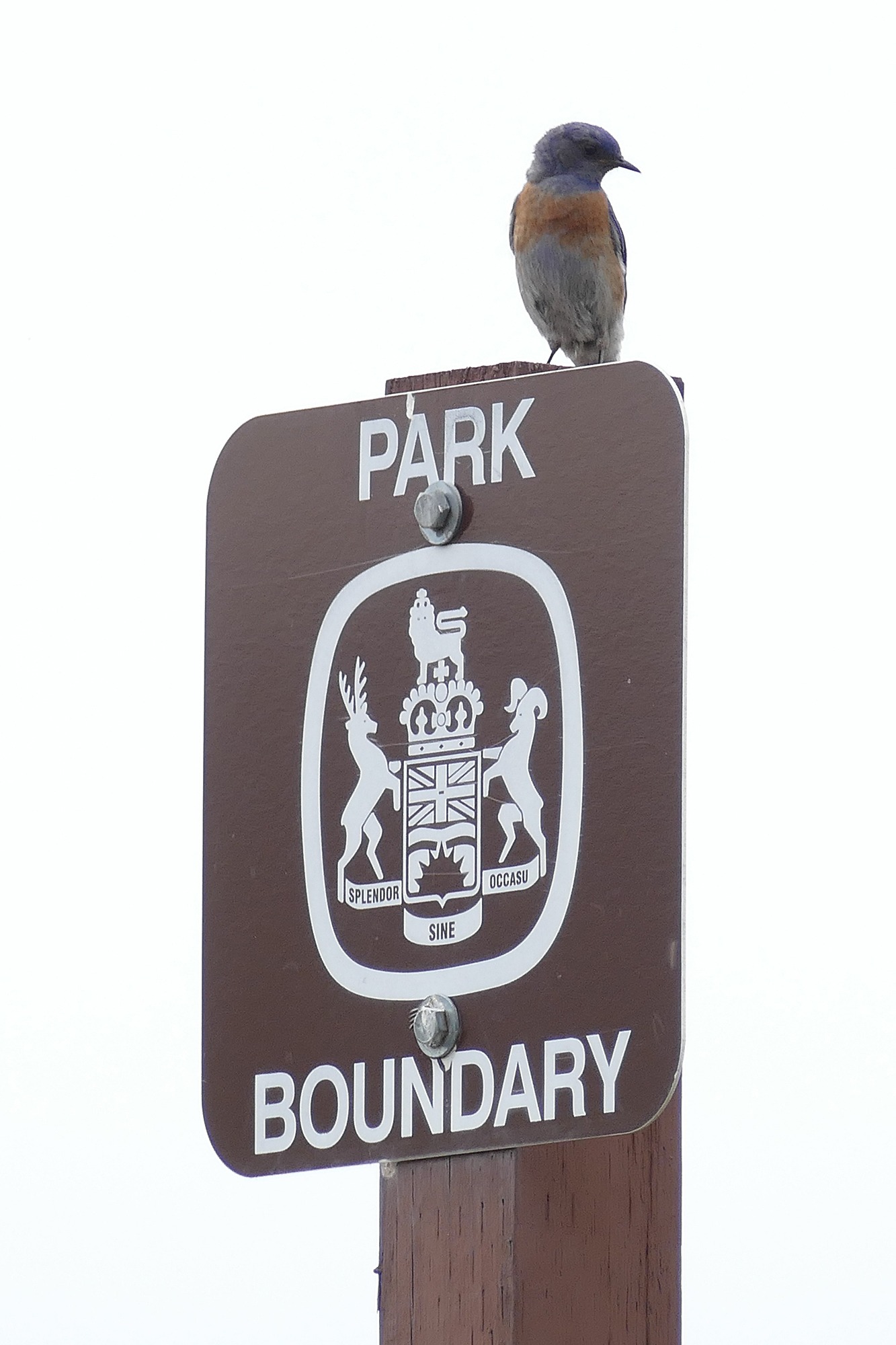By Liam Ragan, BC Important Bird and Biodiversity Area Provincial Coordinator, BC Nature and Lindsay Lalach, BC Important Bird and Biodiversity Area Intern
On June 13th, 2021, 22 devoted volunteers gathered (in compliance with COVID-19 health guidelines) to conduct a bird survey for the Chopaka Customs Important Bird and Biodiversity Area (IBA). This grassland IBA is located in the Southern Interior of British Columbia (see map), on the traditional unceded territory of the Syilx Okanagan People. The survey was intended to contribute useful Citizen Science data to the eBird database, and so an eBird Protocol was followed.
Volunteer birders from around the Okanagan and beyond participated in this count in order to comprehensively survey the birds at the site. Among them were young birders from the Kamloops Naturalist Club’s Next Generation Naturalists. Our dedicated volunteers got to the site bright and early to survey pre-determined routes throughout the IBA. Armed with their binoculars, volunteers kept their eyes and ears attuned to track any bird observations within the IBA boundary.

A team of volunteers at work Photo: Liam Ragan
Situated within the diverse grasslands of the southern Okanagan, the Chopaka Customs IBA holds unique habitats that serve as vital breeding grounds for many grassland species. This region qualifies as an IBA due to its breeding numbers of nationally Endangered Sage Thrasher and Vulnerable Lewis’s Woodpecker, as well as notable populations of several other species of conservation concern such as Brewer’s Sparrow, Lark Sparrow, and the macfarlanei subspecies of Western Screech-Owl. To learn more about how sites becomes designated as IBAs and what that means, check out the IBA website.
Altogether, our volunteers counted 98 species that day! The clear highlight was a combined count of 16 Lewis’s Woodpeckers, which represents over 2% of the species’ estimated population in Canada. Unfortunately no Sage Thrashers were detected. The local volunteer IBA Caretakers attributed this to recent habitat degradation, as much of the Sage Thrasher’s core breeding habitat had recently been converted into orchards.
A special thank-you to everyone who showed up to participate in the count. It is incredibly inspiring to learn and collaborate with such passionate and knowledgeable volunteers. Your participation in these Citizen Science events is vital to conservation efforts. This excellent turnout could not have been possible without the ongoing support of the volunteer IBA Caretakers, whose continued dedication is fundamental to the success of the IBA program. Thanks also to the BC Field Ornithologists for continuing to fund the IBA Program’s efforts to conduct up-to-date surveys of all of the Okanagan IBAs. For a full report of findings from the survey and next steps for conservation efforts, look for the upcoming article in BC Field Ornithologists’ quarterly newsletter.
You can learn more about the Important Bird and Biodiversity Areas program, and the related Key Biodiversity Areas program, here: https://www.birdscanada.org/conserve-birds/iba-kba/


